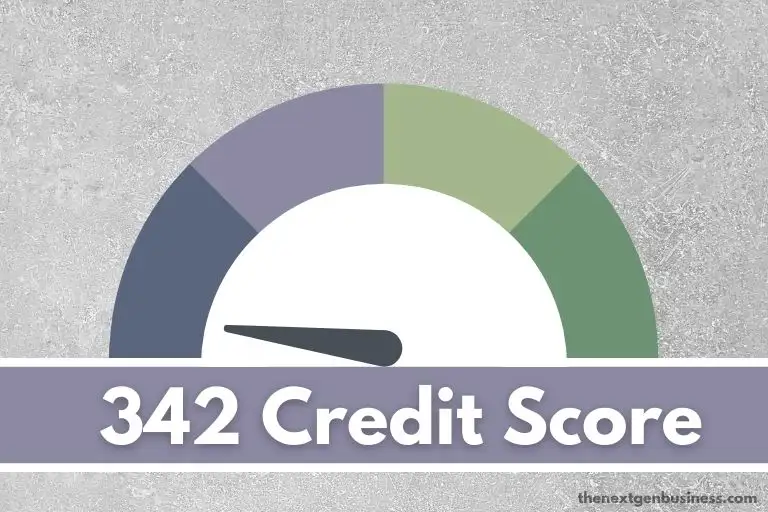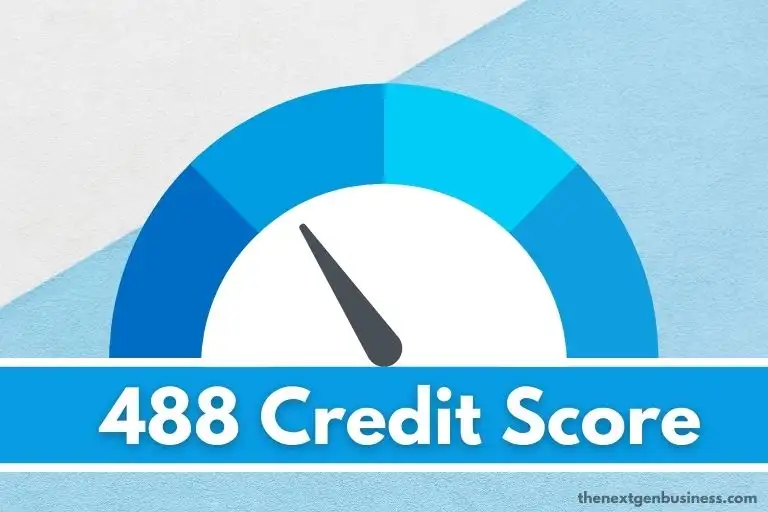Navigating the world of rental deposits in the United Kingdom can be a complex task for tenants. This guide aims to provide a comprehensive overview of the key aspects related to rental deposits, including the legal requirements, payment methods, dispute resolution, and tips for ensuring a full return of your deposit.
Legal Framework for Rental Deposits
The United Kingdom has specific laws governing rental deposits to protect both tenants and landlords. As of June 1, 2019, the Tenant Fees Act caps security deposits at five weeks’ rent for properties with an annual rent below £50,000 and six weeks for those above this threshold. Holding deposits are limited to one week’s rent. These measures ensure that deposit amounts are reasonable and proportional to the rental costs.
Deposit Protection Schemes
In the UK, landlords must place tenants’ deposits in a government-approved tenancy deposit scheme (TDP) if you rent your home on an assured shorthold tenancy that started after April 6, 2007. This requirement provides a level of security and ensures that deposits are handled fairly and legally.
Payment Methods for Deposits
The method of deposit payment can vary based on the landlord or letting agent’s preferences. Common options include debit card, credit card, bank transfer, and cheque. Some private landlords may accept cash, but it’s advisable to always ask for a receipt for any cash payments.
Alternative Deposit Options
In recent years, alternative deposit options have emerged, such as deposit-free renting. These options often involve a smaller, non-refundable upfront fee instead of a traditional security deposit. Such schemes are beneficial for tenants who might struggle with the financial burden of a large deposit, offering more flexibility and reducing initial moving costs.
Getting Your Deposit Back
The return of your deposit hinges on the condition of the property at the end of the tenancy and adherence to the terms of your rental agreement. To maximize the likelihood of receiving your full deposit back, consider the following tips:
- Thoroughly check the inventory at the start of your tenancy.
- Attend the checkout process at the end of your tenancy.
- Understand what constitutes fair wear and tear.
- Maintain a good relationship with your landlord and communicate frequently.
- Consider Tenancy Liability Insurance as a safeguard against potential deposit deductions.
Holding Deposits
Holding deposits are often required to reserve a property. However, these are not protected under the TDP scheme and are subject to different rules. If a tenant withdraws their application or fails certain checks, the holding deposit may be forfeited.
The Tenant Fees Act and Deposit Caps
The Tenant Fees Act not only caps deposit amounts but also stipulates rules for holding deposits. For example, landlords and agents are allowed to keep your holding deposit for only 15 days unless an alternative date is agreed upon in writing.
Deposits Across the UK
The process and regulations for rental deposits vary slightly in different parts of the UK. In Scotland, for instance, the deposit amount can’t exceed two months’ rent. In Northern Ireland, deposits must be secured within 14 days, and the landlord must inform the tenant within 28 days of securing it. Familiarizing yourself with the specific rules in your region is crucial for a smooth renting experience.
Final Thoughts
Understanding the ins and outs of rental deposits in the UK is essential for a hassle-free renting experience. By being aware of the legal framework, payment methods, and ways to ensure the return of your deposit, tenants can navigate the rental market with confidence and security.





